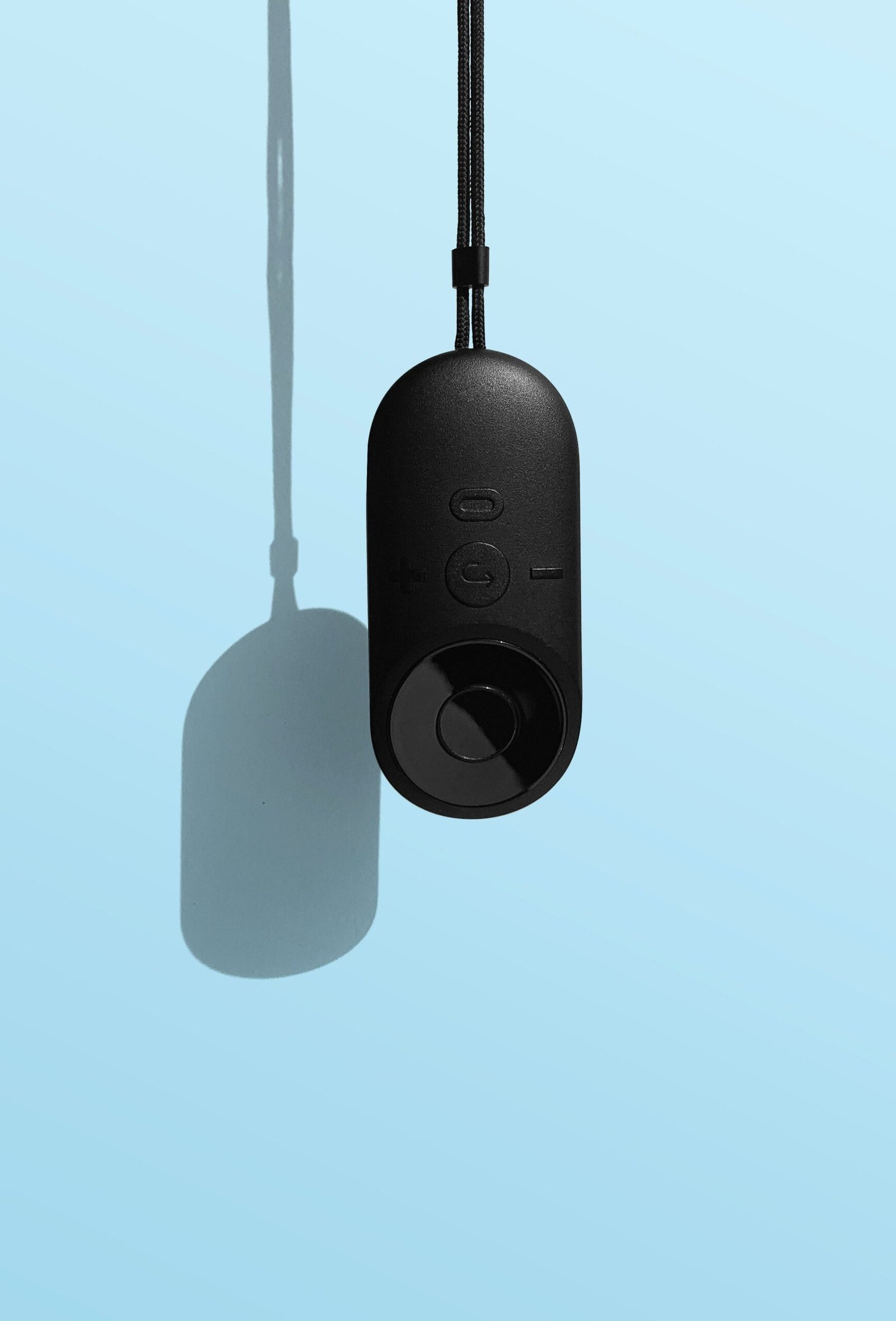Understanding Informational Interviews
Informational interviews serve as crucial networking tools for job seekers, distinct from traditional job interviews in their purpose and approach. Essentially, an informational interview is a conversation between an individual seeking career insights and a professional already established in their field. The primary aim of this dialogue is not to land a job but to gather valuable information about specific industries, roles, or companies. This learning-driven approach helps potential candidates to better understand varied career paths and potential job markets.
One of the main benefits of conducting informational interviews is the opportunity to gain insider knowledge about a particular industry or job role. By engaging with professionals in a less formal setting than a conventional job interview, individuals can ask targeted questions that delve into the realities of the job, required skills, and current trends. This first-hand insight not only aids in informed decision-making but also equips job seekers with specific information that can enhance their job applications and interview performance.
Furthermore, informational interviews facilitate the expansion of one’s professional network. Establishing connections with industry professionals creates an avenue for future opportunities, whether through referrals, mentorship, or simply broader industry knowledge. As these conversations unfold, candidates can demonstrate their enthusiasm and dedication to learning, which can leave a strong, positive impression on the interviewee.
Lastly, approaching an informational interview with a mindset focused on learning rather than immediately seeking job offers is essential. This perspective fosters genuine conversations that are beneficial for both the interviewee and the interviewer. By valuing the insights and experiences shared, job seekers can cultivate meaningful connections that may unveil potentials within the hidden job market, subsequently increasing their chances of landing desired roles in the future.
Preparing for an Informational Interview
Preparing effectively for an informational interview is crucial to ensuring a productive and insightful conversation. The first step in this process is to conduct thorough research on the industry or company of interest. Understanding key trends, challenges, and opportunities within the sector can provide valuable context for your discussion. Utilize various resources, such as industry reports, news articles, and company websites, to gather pertinent information that could guide your questions and demonstrate your genuine interest.
After solidifying your knowledge about the field, it is vital to identify potential contacts who can provide meaningful insights. Networking is a powerful tool herein; if you have connections who work in your desired industry, consider reaching out to them for referrals. Additionally, professional platforms like LinkedIn can help you discover individuals with the expertise you seek. Once you have a list of potential interviewees, assess their backgrounds and roles to formulate relevant, targeted inquiries.
Crafting thoughtful questions is a key component of preparation. Focus on inquiries that reveal the interviewee’s career experiences, the company culture, and advice they would offer to someone pursuing a similar path. Open-ended questions often yield more detailed responses, allowing you to gather richer insights. Furthermore, framing your request for an informational interview with courtesy and respect is essential. Be clear about your intentions and flexible regarding their availability, as this demonstrates regard for their time and expertise.
In conclusion, having a clear goal for your meeting can guide the direction of the conversation. By preparing meticulously and being respectful during your outreach, you can lay the groundwork for a productive informational interview that taps into the hidden job market effectively.
Conducting the Informational Interview
Successfully conducting an informational interview requires thoughtful preparation and interpersonal skills. As a starting point, initiate the conversation with a warm greeting and express genuine appreciation for the interviewee’s time. This initial interaction sets the tone for a comfortable and engaging discussion. It is crucial to establish an environment where the interviewee feels at ease, prompting them to share insights freely. A friendly demeanor, along with an open body language, will invite a relaxed atmosphere conducive to a fruitful exchange.
Steering the discussion towards insightful topics is central to collecting valuable information. Begin by outlining your goals for the interview, which may include understanding the industry better, specific company roles, or current trends therein. Engaging the interviewee with well-thought-out questions demonstrates your preparation and interest. For instance, inquire about their career path, the skills they believe are essential for success, and their advice for someone looking to enter the field. These queries not only provide you with actionable insights but also cultivate a conversational flow that allows for a more organic dialogue.
Active listening is a pivotal component in conducting an effective informational interview. Focus on the interviewee’s responses, and be attentive to subtle cues that may indicate deeper topics worth exploring. Follow-up questions are instrumental in delving further into areas of interest, so be prepared to ask them based on the interviewee’s comments. Taking notes during the conversation aids in retaining key points and demonstrates your respect for the interviewee’s expertise. Finally, strive to make the interview feel conversational rather than an interrogation. Emphasizing a two-way dialogue not only enriches your experience but may also strengthen your network connection, ultimately assisting you in navigating the hidden job market effectively.
Following Up and Building Relationships
After concluding an informational interview, it is crucial to follow up with your contact to express gratitude for their time and insights. A well-crafted thank-you email serves not only as an acknowledgment of their generosity but also as a reinforcement of your professional relationship. In this email, it is beneficial to summarize key takeaways from the conversation, demonstrating your appreciation for their expertise. This also allows you to connect on common interests which can further solidify connections within your professional network.
Maintaining relationships post-interview involves regular interaction and mutual support. Consider scheduling periodic check-ins or sharing relevant industry articles that align with your contact’s interests. This keeps the dialogue open and positions you as a proactive networker. For example, if you learned about potential job openings in your informational interview, informing your contact can demonstrate your genuine interest in the field while also engaging them in the networking process.
Moreover, the insights gleaned from informational interviews are invaluable for enhancing your job applications and interview approaches. Use the advice and knowledge shared to tailor your resume or prepare for potential questions, thereby increasing your chances in the competitive job market. By doing so, you can position yourself distinctly when opportunities arise. Additionally, offering assistance to others in your network not only strengthens your relationships but also creates a reciprocal environment where all parties can benefit. Engaging in mutual support further enhances the hidden job market, revealing opportunities that may not have been publicly advertised.
In conclusion, the follow-up process is an essential step in the networking journey. It transforms a one-time conversation into a lasting professional relationship that can yield substantial benefits. By expressing gratitude, maintaining communication, and leveraging insights effectively, you can navigate your career path with increased confidence and success.



